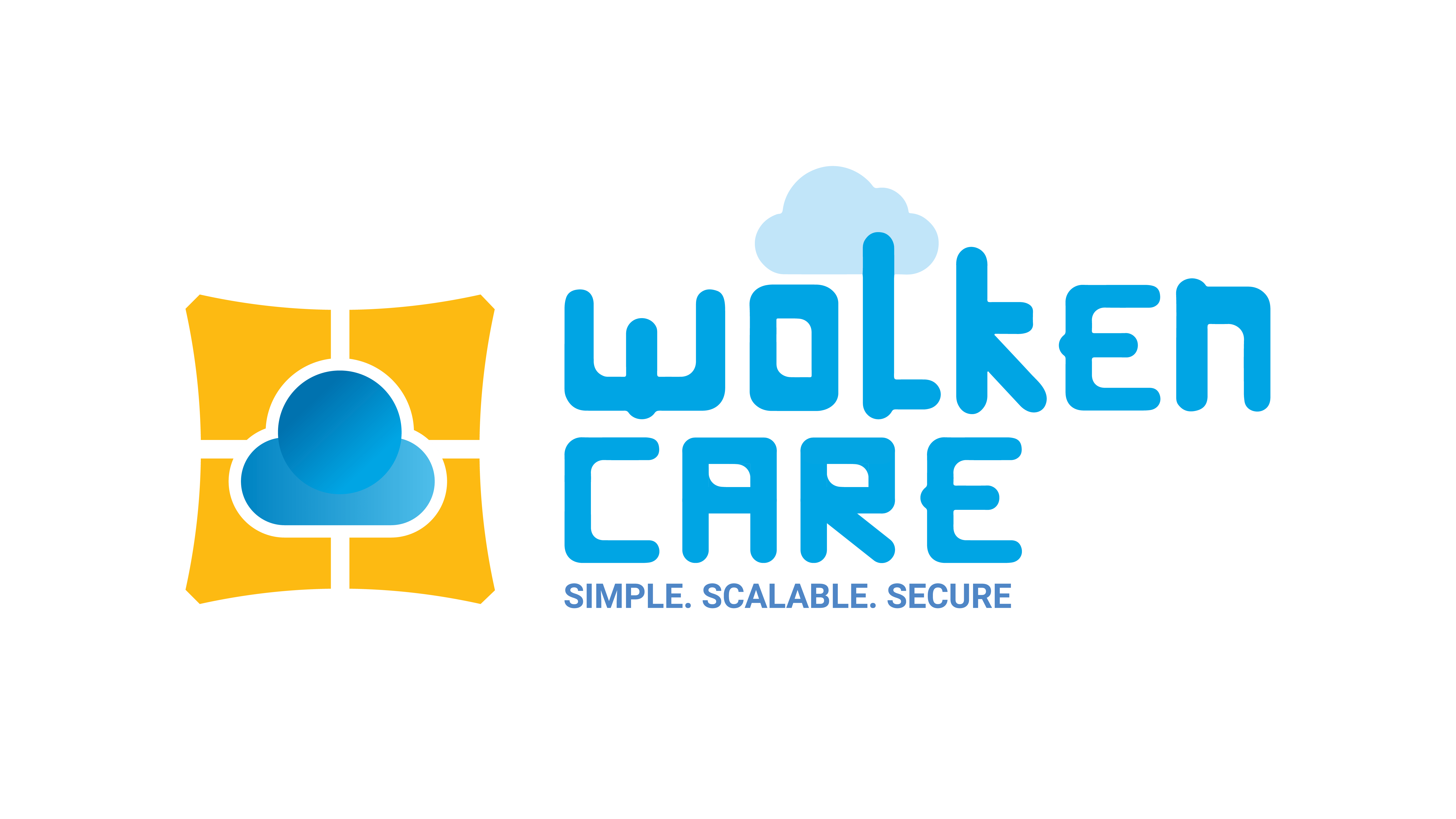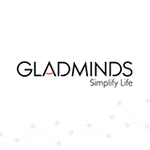Description

Jebbit

SurveyJS
Comprehensive Overview: Jebbit vs SurveyJS
Jebbit and SurveyJS Overview
Jebbit and SurveyJS are both tools that cater to gathering data and insights, but they focus on different aspects and methodologies of survey and data collection.
Jebbit
a) Primary Functions and Target Markets:
-
Primary Functions:
- Jebbit is a data collection platform primarily focused on creating engaging digital experiences through interactive content such as quizzes, surveys, and assessments.
- It specializes in mobile-first designs and user-friendly interfaces that facilitate high engagement and conversion rates.
-
Target Markets:
- Jebbit targets marketers and businesses looking to enhance customer engagement and gather zero-party data. Zero-party data refers to information that a customer intentionally and proactively shares with a brand, which is critical in the era of data privacy concerns.
- Industries include retail, e-commerce, consumer goods, and finance, among others, where understanding customer preferences and behaviors is key to marketing success.
b) Market Share and User Base:
- While precise market share data might not be publicly available, Jebbit holds a substantial position among interactive content platforms due to its focus on zero-party data.
- Its user base includes medium to large enterprises that benefit from its robust interactive functionalities and insights for personalized marketing strategies.
c) Key Differentiating Factors:
- Focus on interactive content specifically for zero-party data collection, which is quite distinct in approach compared to traditional survey tools.
- Strong emphasis on data privacy and the ability to create bespoke, engaging digital experiences.
- High compatibility with other marketing and sales platforms, facilitating easy integration into existing workflows and systems.
SurveyJS
a) Primary Functions and Target Markets:
-
Primary Functions:
- SurveyJS is a JavaScript tool designed for creating surveys, forms, and quizzes. It provides developers with robust capabilities to embed surveys into web applications.
- The tool is highly customizable, allowing web developers to build dynamic and responsive survey forms tailored to specific project needs.
-
Target Markets:
- Primarily targets developers and teams in tech companies who require flexible and embeddable survey solutions.
- Suitable for industries that need custom surveys and data collection embedded directly into websites or applications, including tech startups, software developers, and research teams.
b) Market Share and User Base:
- SurveyJS is part of a niche market focused more on developers rather than end users such as marketers or business analysts.
- It has a smaller but dedicated user base mainly comprising technology-driven companies and development teams requiring advanced customization and integration capabilities.
c) Key Differentiating Factors:
- Customizability: SurveyJS offers extensive customization options and is fully embeddable, making it ideal for complex survey integration into applications.
- Open Source: It offers an open-source version, which appeals to developers and companies wanting control over the source code and survey behavior.
- Developer-Focused: Its feature set is built around the needs of technical teams rather than business-oriented users, contrasting significantly with Jebbit's marketer-centric approach.
In summary, Jebbit and SurveyJS serve distinct purposes and audiences. Jebbit emphasizes engaging digital experiences for marketing benefits, while SurveyJS focuses on providing developers with the capabilities to integrate sophisticated surveys into their projects. Their market shares reflect these differences, with Jebbit appealing to marketers seeking enhanced customer interaction, and SurveyJS appealing to developers needing customization and technical flexibility.
Contact Info

Year founded :
2011
+1 508-380-0047
Not Available
United States
http://www.linkedin.com/company/jebbit

Year founded :
2017
Not Available
Not Available
Estonia
http://www.linkedin.com/company/surveyjs
Feature Similarity Breakdown: Jebbit, SurveyJS
Certainly! Here's a feature similarity breakdown for Jebbit and SurveyJS:
a) Core Features in Common
Both Jebbit and SurveyJS are tools used for creating surveys and interactive content. They share several core features:
-
Survey Builder: Both platforms offer a drag-and-drop interface that allows users to create surveys without requiring extensive technical knowledge.
-
Question Types: They support a variety of question types, including multiple-choice, dropdowns, rating scales, and open-text answers.
-
Customization: Users can customize the appearance of their surveys with various design options, including colors, fonts, and images.
-
Data Collection and Analysis: Both tools provide functionalities to collect responses and analyze the data through reports or dashboards.
-
Integration: They offer integrations with third-party applications to streamline data flow and enhance functionality.
-
Conditional Logic: Both platforms support logic branching or conditional logic, allowing the creation of more personalized survey paths based on respondents' answers.
b) User Interface Comparison
-
Jebbit: Jebbit is known for its visually appealing and intuitive user interface. It emphasizes creating engaging and interactive content, often focusing on a visual, card-style interface. The design is typically user-friendly and caters well to marketing professionals looking for aesthetically pleasing and immersive survey experiences.
-
SurveyJS: SurveyJS offers a more straightforward and developer-friendly interface. As an open-source library, it provides more technical customization options, allowing developers to embed surveys directly into applications and customize the design extensively using code. It caters well to developers who need flexibility and control over survey functionality.
c) Unique Features
-
Jebbit:
- Interactive Content: Jebbit specializes in creating interactive content beyond traditional surveys, such as quizzes, product finders, and lead-generation forms. These can boost engagement and provide a more gamified experience.
- Data Enrichment: Jebbit focuses on providing enriched data, allowing marketers to build more detailed consumer profiles through interaction.
-
SurveyJS:
- Open-Source Flexibility: As an open-source tool, SurveyJS provides significant flexibility to developers, offering the ability to modify the source code and extend its functionality as needed.
- Embeddability: SurveyJS allows extensive embeddability and integration within different software applications, making it highly versatile for developers looking for seamless integrations.
Overall, while both platforms offer robust survey creation capabilities, Jebbit stands out with its focus on interactive marketing content, while SurveyJS excels in providing technical flexibility and developer-oriented customization.
Features

Not Available

Not Available
Best Fit Use Cases: Jebbit, SurveyJS
Jebbit and SurveyJS are both tools within the sphere of surveys and data collection, but they are designed to serve different needs and use cases. Let’s explore these tools in detail:
Jebbit
a) Best Fit Use Cases for Jebbit
-
Marketing and Consumer Engagement: Jebbit is ideal for businesses focused on marketing and direct consumer engagement. Companies that need to create interactive content to engage consumers, collect data, and improve consumer insights can benefit greatly. Ideal industries include retail, e-commerce, and consumer goods.
-
Personalized Consumer Experiences: Businesses that want to offer tailored content based on user interactions will find Jebbit beneficial. It allows users to create interactive experiences or quizzes that guide consumers through personalized journeys, converting more engaged leads or enhancing brand loyalty.
-
Lead Generation: For businesses emphasizing capturing and nurturing leads, Jebbit’s interactive and visually appealing formats make it a compelling choice. It can be deployed in sectors like travel and hospitality, where collecting detailed customer preferences can significantly impact service offerings.
-
Data-Driven Marketing Campaigns: Jebbit suits companies running data-centric marketing campaigns that require dynamic and engaging visual presentations. It allows these businesses to better understand customer motivations and preferences through interactive content.
SurveyJS
b) Preferred Scenarios for SurveyJS
-
Customizable Survey Solutions: SurveyJS is best suited for scenarios where businesses or developers need highly customizable survey software solutions. Its integration capabilities and flexibility in programming (JavaScript-based) make it an ideal choice for tech-savvy teams.
-
Development and IT Teams: Companies with in-house development teams or those that provide SaaS solutions will benefit from SurveyJS. It is particularly useful for embedding surveys directly into websites or applications, providing the flexibility to tailor experiences directly to company needs.
-
Complex Survey Logic and Analytics: If a project requires advanced survey logic, branching, or custom data analytics, SurveyJS offers various features to handle complex survey structures. This can be important for research teams in both academic and commercial settings.
-
Diverse and Custom Workflow Needs: SurveyJS is suitable for industries like healthcare, education, or finance, where regulatory compliance and the need for personalized survey flows are crucial.
Catering to Different Industry Verticals or Company Sizes
-
Jebbit: It is well-suited for small to medium-sized businesses (SMBs) and large enterprises that focus on B2C markets. Its strength in creating engaging, consumer-facing interactive content lends itself to verticals such as retail, travel, and consumer packaged goods.
-
SurveyJS: It caters to a broad range of company sizes, from small startups with dedicated development resources to large enterprises needing comprehensive and flexible survey capabilities embedded within their systems. Industries needing rigorous data collection and analysis mechanisms, like tech companies, educational institutions, and healthcare organizations, often find it beneficial.
Both tools serve different niches and can be extremely effective when deployed in the right context. Understanding the specific needs of the business or project is key in choosing between Jebbit and SurveyJS.
Pricing

Pricing Not Available

Pricing Not Available
Metrics History
Metrics History
Comparing teamSize across companies
Conclusion & Final Verdict: Jebbit vs SurveyJS
To provide a conclusion and final verdict on Jebbit and SurveyJS, it's essential to evaluate each product's value, consider their strengths and weaknesses, and provide recommendations for potential users.
a) Best Overall Value
SurveyJS generally offers the best overall value for users primarily focused on flexibility, customization, and open-source advantages. It is particularly valuable for businesses or developers who need to integrate survey functionality within existing software systems and desire full control over the survey's look and behavior. This is largely due to its robust feature set tailored towards developers and its compatibility with various front-end frameworks.
Jebbit, on the other hand, excels in user experience design and is more suited for marketers or those looking to create engaging, visually appealing surveys without requiring extensive coding knowledge. It adds value for businesses aiming to enhance consumer interaction and collect data in a more engaging way.
b) Pros and Cons
SurveyJS Pros:
- Highly Customizable: Allows for deep customization and flexibility.
- Open Source: Offers transparency and no licensing fees.
- Integrations: Supports integration with multiple technologies, making it developer-friendly.
- Flexibility: Adapts well to various use cases due to its modular nature.
SurveyJS Cons:
- Coding Knowledge Required: May require technical expertise to fully utilize its capabilities.
- Design Limitations: Out-of-the-box designs might require additional styling for more sophistication.
Jebbit Pros:
- User-Friendly Interface: Easy to use, making it accessible for non-technical users.
- Visual Engagement: Provides visually engaging and interactive user experiences.
- Marketing Focused: Offers features tailored to enhancing consumer data interaction.
- No Coding Needed: Suitable for users without technical expertise.
Jebbit Cons:
- Less Customization: Limited in customization compared to open-source alternatives.
- Cost: As a commercial product, it might involve higher costs depending on the needed features and scale.
c) Recommendations for Users
For Developers/Tech-Savvy Users:
- Choose SurveyJS if you need a highly customizable and flexible tool that can be integrated into various tech stacks. It’s ideal for projects that require specific technical requirements or when integrating surveys into larger systems.
For Marketers/Non-Technical Users:
- Choose Jebbit if your primary goal is to create engaging, visually dynamic surveys without the need for extensive coding. It’s particularly effective for marketing campaigns seeking to improve consumer interaction and gather insights in a more interactive manner.
General Recommendation:
- Decide Based on Your Team's Skills and Project Goals: SurveyJS is great for technically inclined teams and projects that prioritize deep customization, while Jebbit offers a more straightforward, design-focused approach suitable for marketing and engagement-driven projects.
- Evaluate Long-Term Needs: Consider what you may require down the road in terms of scalability, support, and additional features, as both platforms offer different long-term value based on these factors.
In summary, the choice between Jebbit and SurveyJS largely depends on the user's technical skills, project requirements, and the desired level of engagement and customization. Both platforms have distinct strengths that cater to different user needs and business objectives.
Add to compare
Add similar companies




